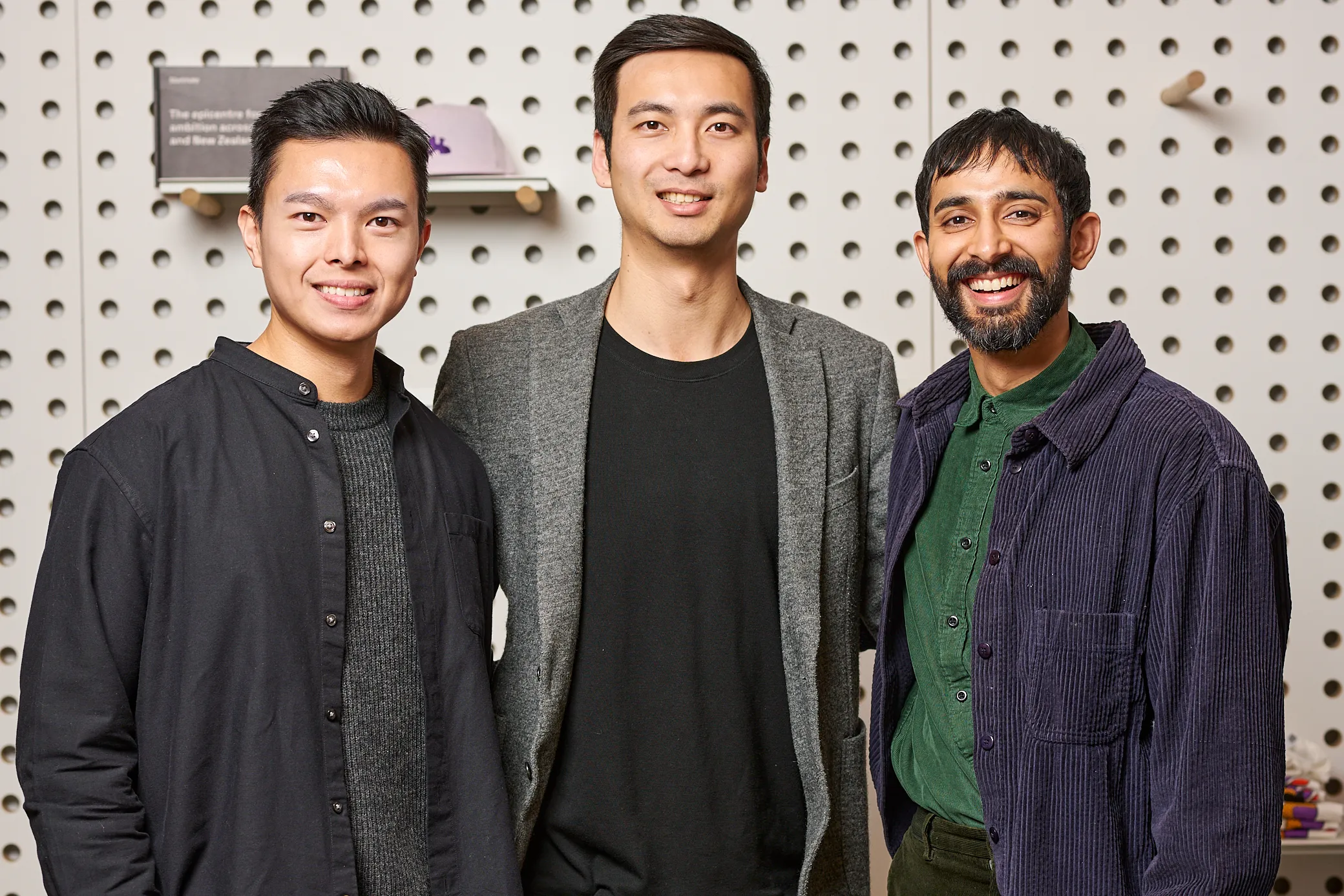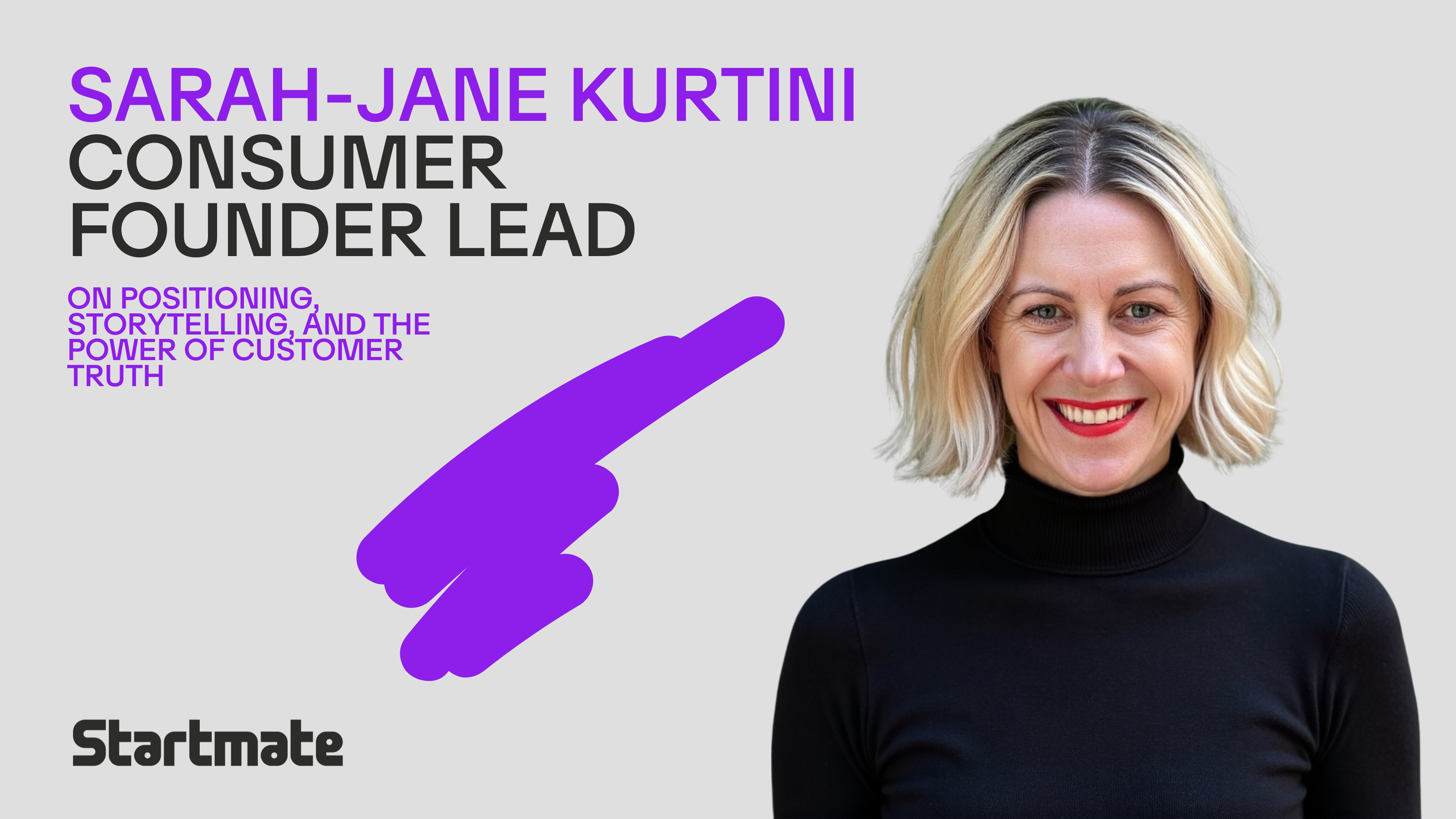The first rule of business is to find a big hairy problem in need of a grand solution, so when Eric Fan and his team discovered a way to solve a challenge that plagued virtually every marketing manager on the planet, they knew they were onto something epic.
From bus stops to basketball games, rooftops to roadways, advertising is everywhere. We are saturated in it. But unlike the online world that can track your every click and knows what you ate for breakfast, there’s no way to capture data for physical adverts. It’s just a guessing game. Or at least, it used to be, until now.
Enter LUMOS, a Martech platform that acts as a bridge between the online and offline worlds.
Through an innovative use of IoT, geotagging, mobility data, and artificial intelligence, LUMOS offers marketers unparalleled visibility into the effectiveness of their outdoor advertising campaigns. It's an absolute game-changer for the industry.
Shedding light on what was previously invisible is the core function of the business and the company’s entire identity is shaped around that vision.
“The name LUMOS is a combination of ‘light’ and ‘magic,’” said Fan.
“It was actually inspired by a spell in Harry Potter that is used when you want to light up the night. That’s what our vision is, to light up the advertising industry with our data-led approach. It’s like a magic moment that we’re giving to the industry.”
Delivering the goods
Fan’s startup journey began in 2019 when he was studying Entrepreneurship at Stanford. Being immersed in the Silicon Valley startup culture and meeting the person who invented the world’s first smartphone sparked Eric’s desire to become a founder.
With a background holding leadership positions at Sayers Group and Deloitte Consulting, Fan had a solid network of management consultant friends with experience at Quantium, Uber, Google, and Commbank.
They joined forces to build LUMOS with the ambition to, ‘help advertisers reach any audience, any time, anywhere.’
LUMOS launched their business with an innovative digital food bag for delivery riders.
With deliveries exploding during the pandemic, their IoT-enabled Smart Screen Bags let marketers find a new road to their audience and helped delivery riders earn extra cash on the side. The LUMOS proprietary data engine also facilitated online retargeting, which created an entirely new category of data-driven advertising.
The business took off, quickly gaining partnerships with huge clients, including Woolworths, DoorDash, Sushi Hub and Foodpanda. And shortly after, Fan was recognised as a Forbes 30 under 30.
The writing on the wall
As the world was released from the grips of the pandemic, the winds changed. Deliveroo abandoned Australia. Milk Run collapsed, and the delivery industry as a whole declined as people began to tighten their wallets. Then advertisers turned off the marketing faucets.
The macroeconomic trends and the real-time data that LUMOS was tracking from its own drivers painted a sobering picture of things to come.
With the delivery market going downhill and the new problem of measuring ROI drawing Fan’s attention, he decided to call an emergency meeting. It was time to pivot.
LUMOS quickly evolved from a hardware tech business into a 'platform as service' model with a stronger emphasis on capturing data and using it to inform decision-making. The switch paid off.
Both sides of the coin
Today, LUMOS doesn’t just allow companies to measure the impact of their outdoor advertising spend, their groundbreaking technology also lets marketers use complex, real-world data to strategically tailor marketing campaigns in a way that wasn’t possible until now.
By connecting privacy-compliant mobile phone data to real-world advertising, extracting over 1500 audience attributes, and automatically retargeting to prospects, the company’s cutting-edge technology is able to help advertisers refine their targeting and optimise their spend.
It also allows media owners to value their inventory, give hard data on the effectiveness of their adverts, and use their advertising space more effectively.
LUMOS has access to over 18 million mobile phones in Australia and their artificial intelligence data engine processes over 50 million data points daily.
They can track who has seen an advert, where they go and what they do after they’ve seen it, and how they spend their money. They even have an algorithm that can predict future behaviours.
It sounds a little creepy, but don’t worry, says Eric, the data is all fully anonymised.
Lighting up the world
At its core, LUMOS bridges the online and offline worlds and lets marketers reach who they want, where they want, and track the effectiveness of their advertising. Their game-changing tech can be used by corporations, social enterprises, or not-for-profits. It can even be used by governments for political campaigns or public service announcements.
“It could work very well to tailor public service announcements to different types of demographics and geographies.”
“Our goal is to provide a new way for marketers to create tailored, data-driven, high-impact campaigns online and in the real world, anywhere on the planet.”
Lumos plans to expand into Southeast Asia in the next one to two years and Europe or the USA in the next three years.
“In five years' time, we hope to become the industry standard and end the guessing game that exists today.”






%204.webp)
.png)
